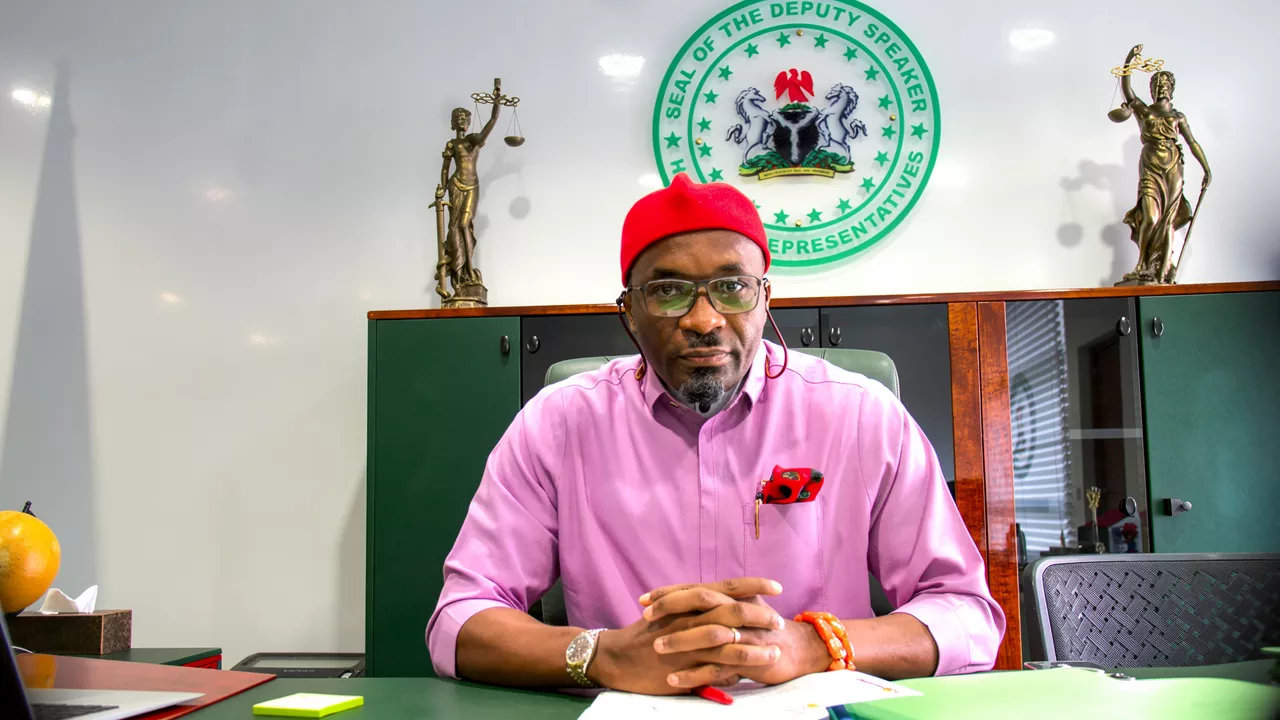Nigeria’s long-running Constitution amendment exercise has entered what lawmakers describe as its “final sprint,” as the National Assembly on Monday moved to lock in consensus with the Conference of Speakers of State Legislatures on the final shape of proposed alterations to the 1999 Constitution.
At a high-level joint session in Abuja, Deputy Senate President and Chairman of the Senate Constitution Review Committee, Senator Jibrin I. Barau, declared that the meeting marked the point where the legislature must “shift from debate to decision,” signalling that most contentious issues had been resolved at earlier technical and political levels.
Unlike previous sittings dominated by disagreements and clause-by-clause scrutiny, Monday’s engagement focused on endorsement — approving previously negotiated positions and reviewing sub-committee reports on matters including State and Local Government creation, devolution of powers, and structural adjustments demanded during nationwide public hearings.
Barau told participants that State Houses of Assembly, whose approval is constitutionally required for any amendment to scale through, were being brought into the process at this stage to eliminate last-minute bottlenecks and ensure smoother passage when Bills are eventually transmitted to them.
“This is the convergence point,” Barau said, hinting that the National Assembly intends to dispatch the final set of amendment Bills to state parliaments before the end of 2025.
His remark underscores a renewed urgency within the legislature to deliver one of the most significant constitutional updates since 1999.
Political observers see the meeting as a strategic attempt to build a unified front between federal and state lawmakers, amid growing public pressure for reforms that address governance, security, and accountability gaps in the current constitutional framework.
With the committees entering the final review stage, Monday’s session signalled a shift from consultation to consolidation — and set the tone for what may become Nigeria’s most decisive constitutional overhaul in years.






